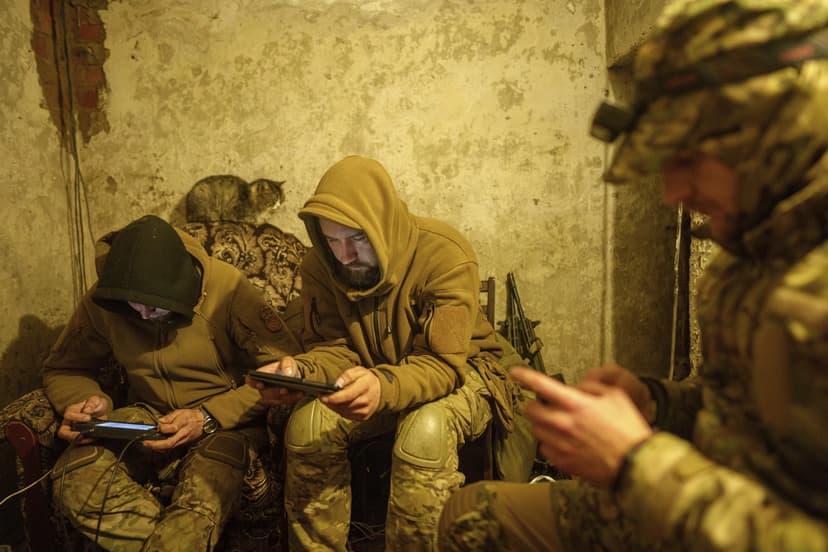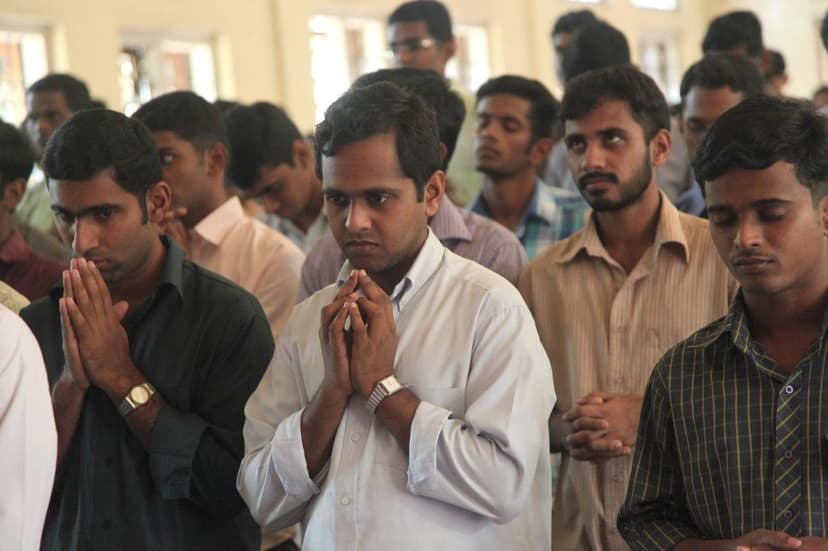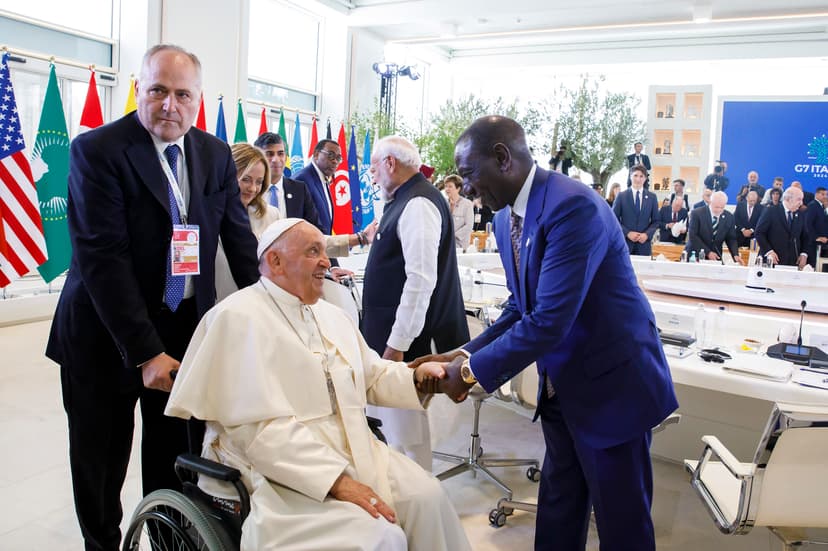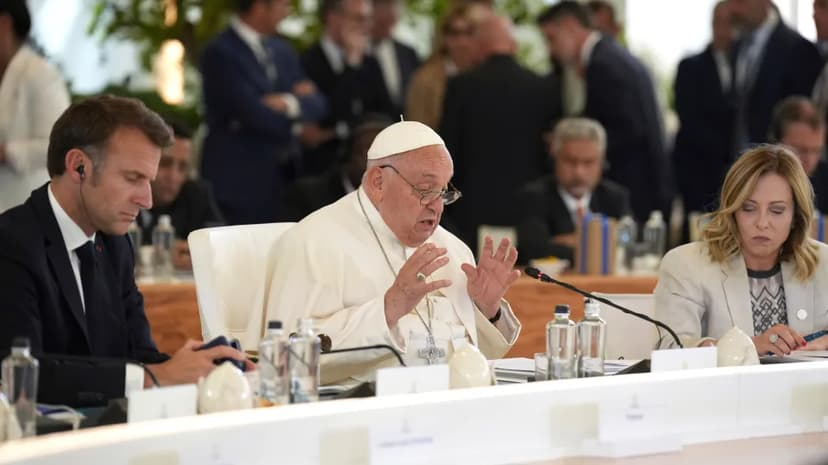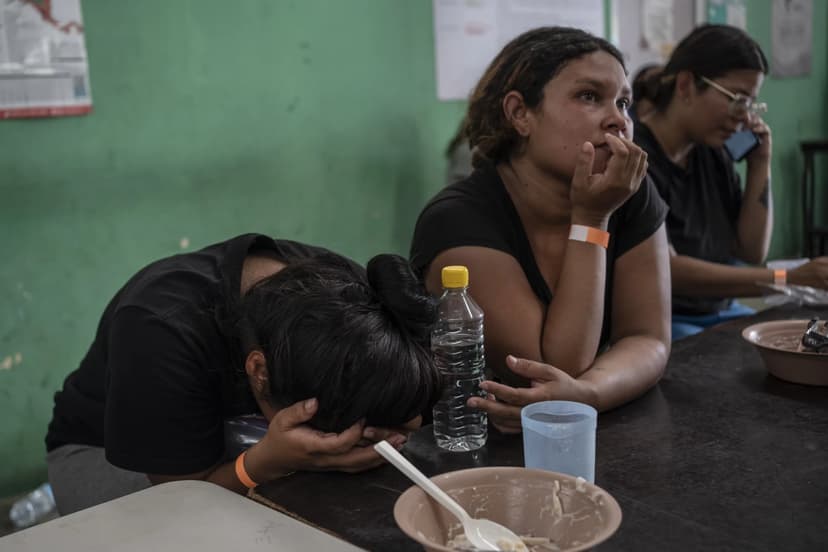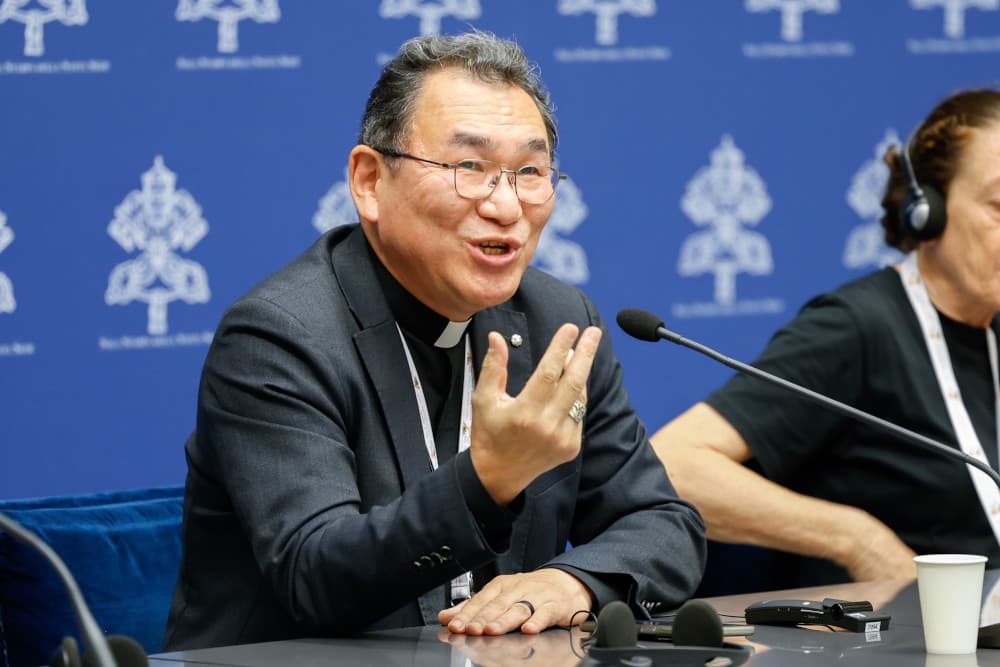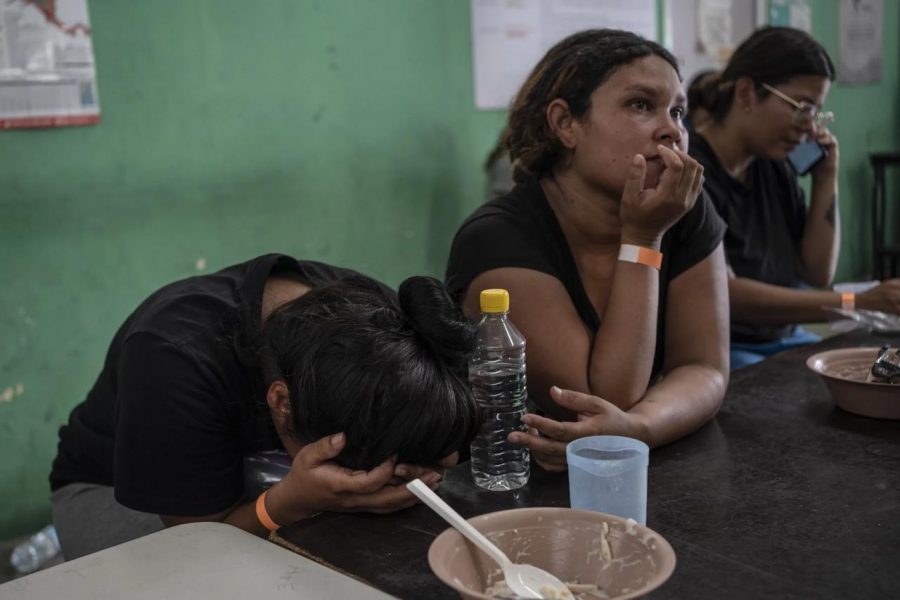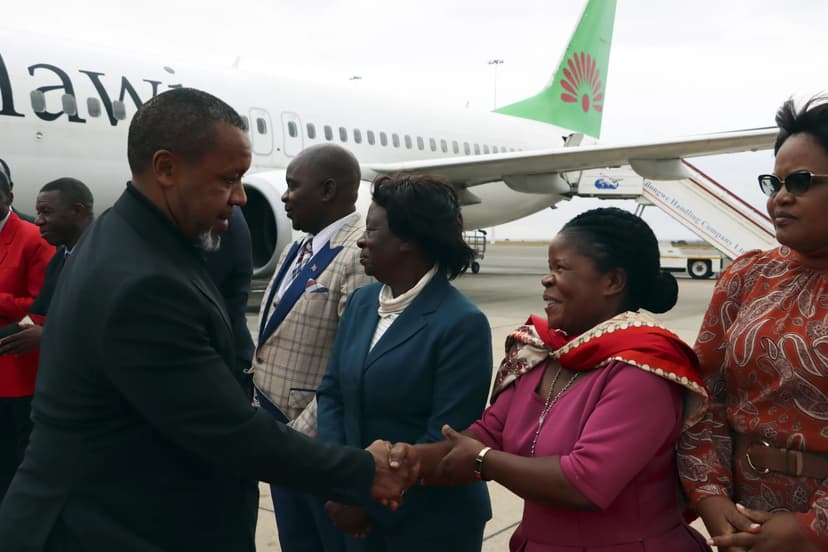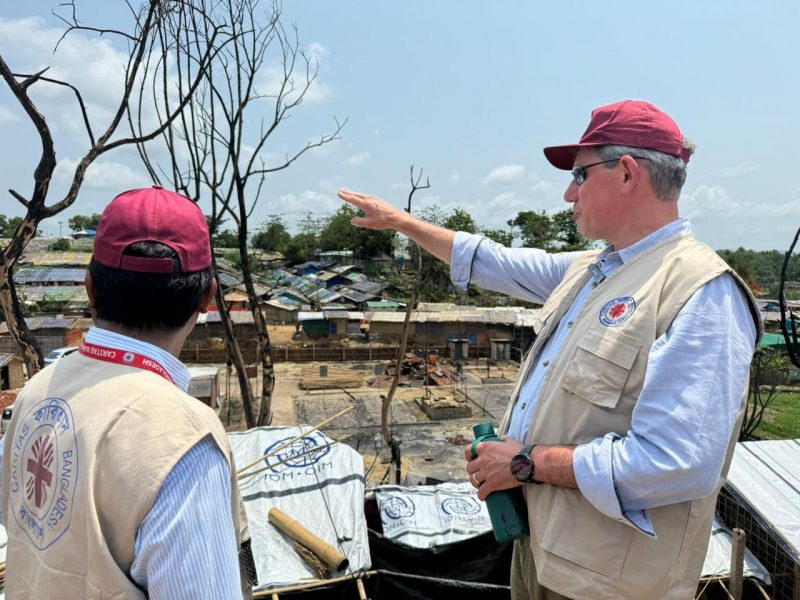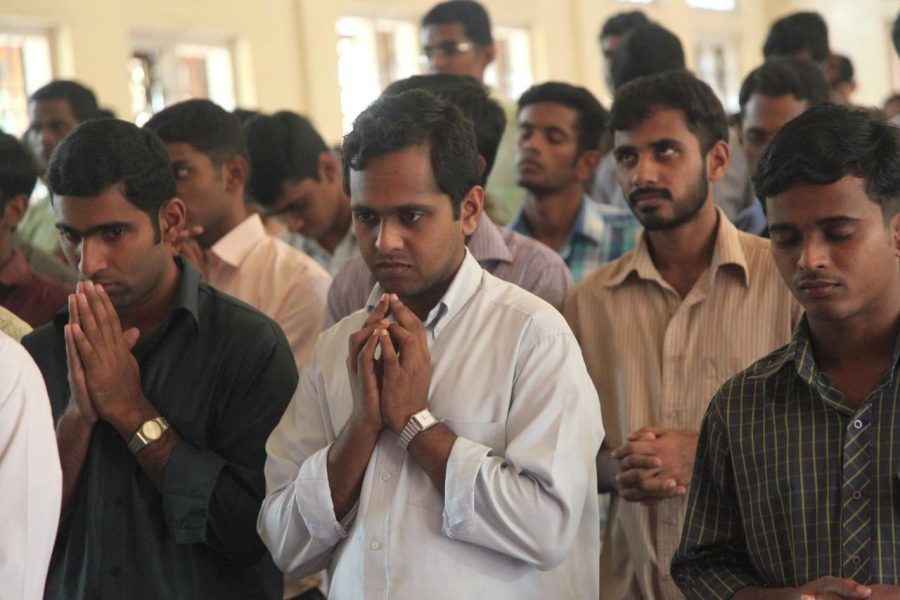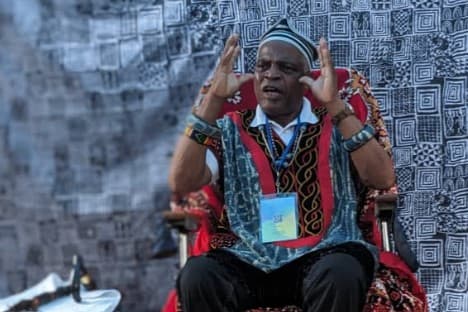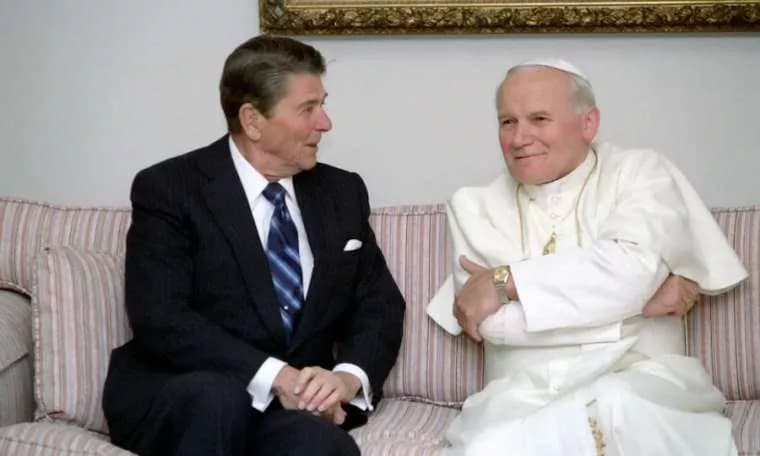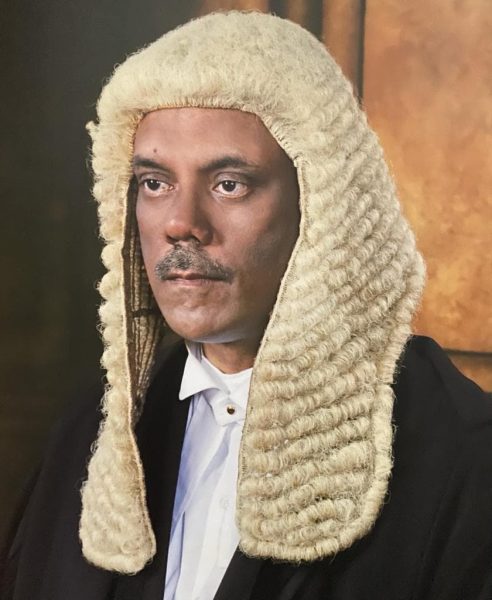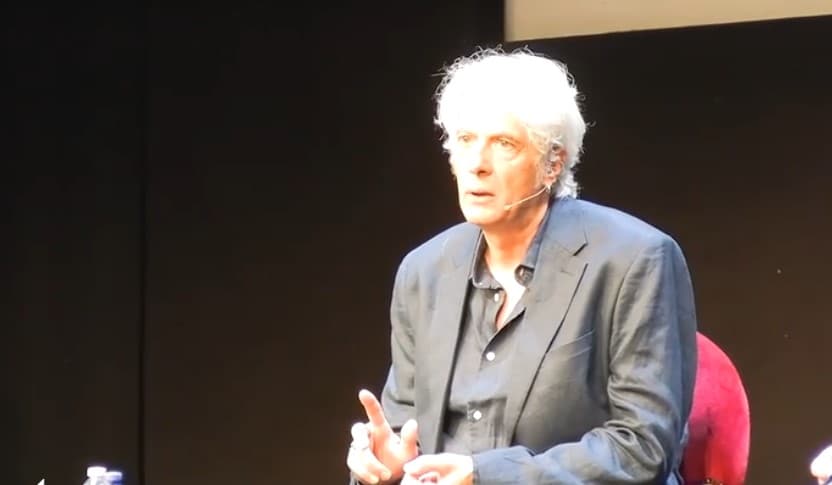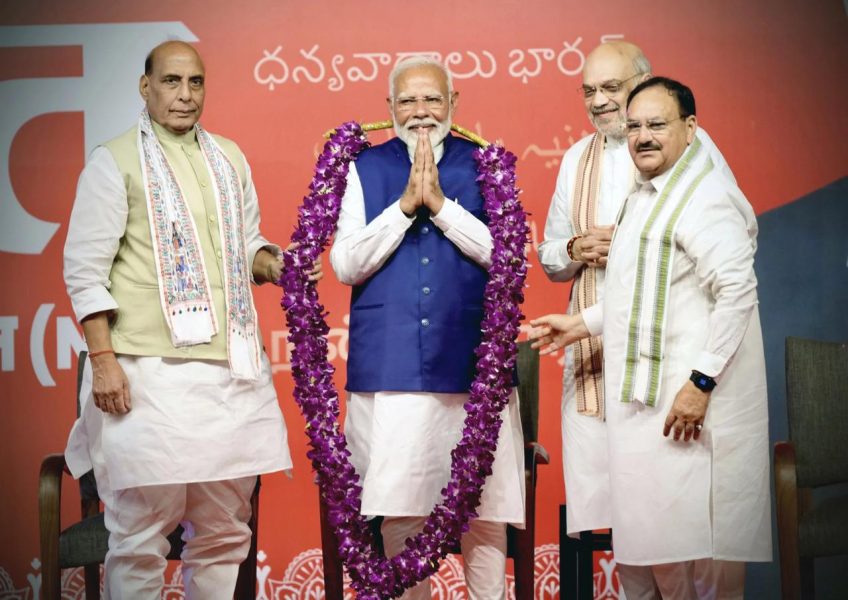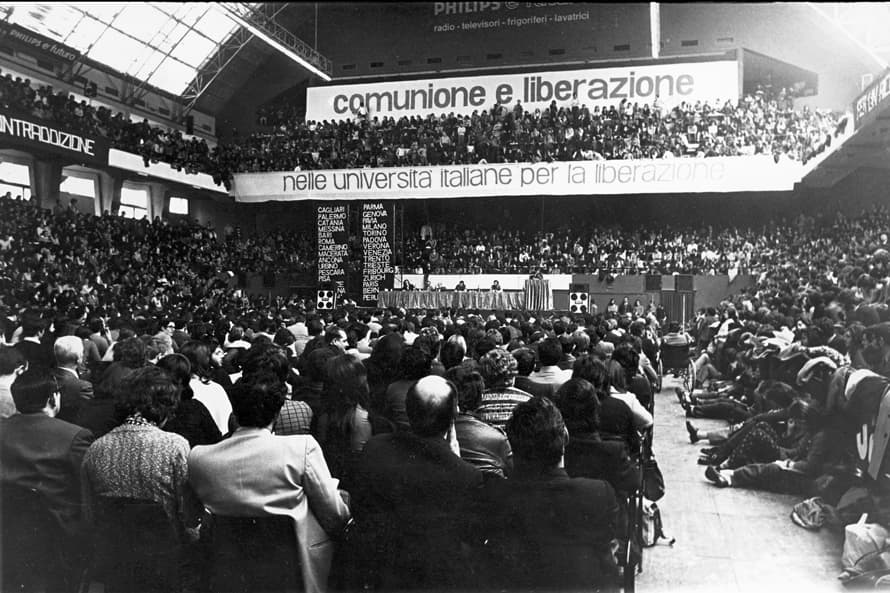(Crux. Nirmala Carvalho).
Climate change, deforestation, pollution, and loss of biodiversity is a “stark reminder of the urgent need for collective action to protect and preserve our planet for future generations,” according to Japanese Archbishop Isao Kikuchi of Tokyo, the head of Caritas Internationalis.
Speaking at the Caritas Asia Partners Conference in Bangkok, Thailand, on June 12, Kikuchi said the cry of the poor, “expressed through poverty, inequality, displacement, and marginalization, calls us to address the root causes of human suffering and to build societies that are more just, equitable, and inclusive.” Speaking to Crux, the archbishop said climate change “is not fictional talk but reality of the people in Asia especially people in socially challenging situation and in poverty, that is common understanding of both donor side and receiving side of Caritas members and that is why we have to pay respect to partnership principle of Caritas and that is in fact synodality.” In his speech, he noted many countries in Asia are already struggling with a multitude of environmental challenges.
Continue reading …


